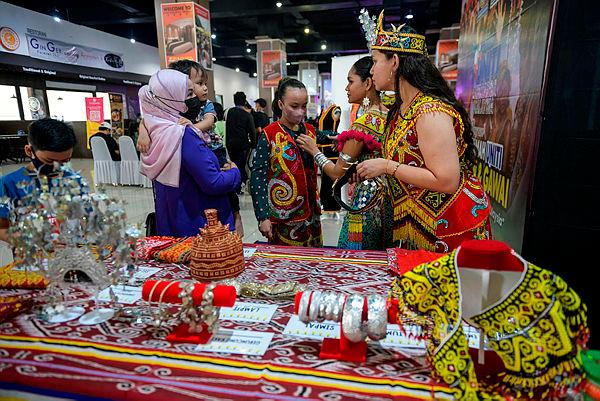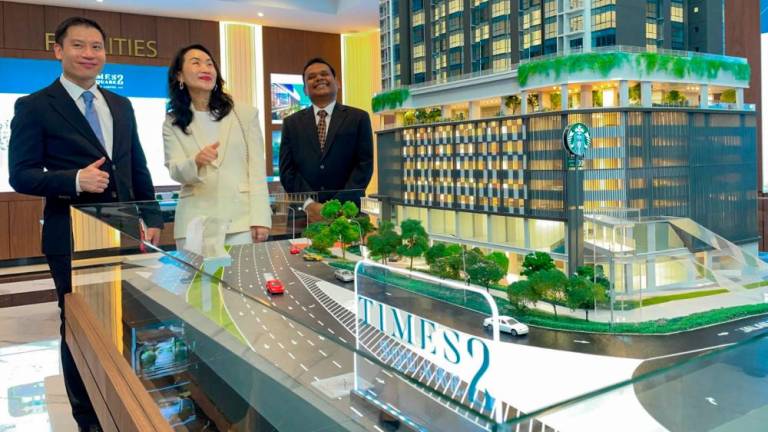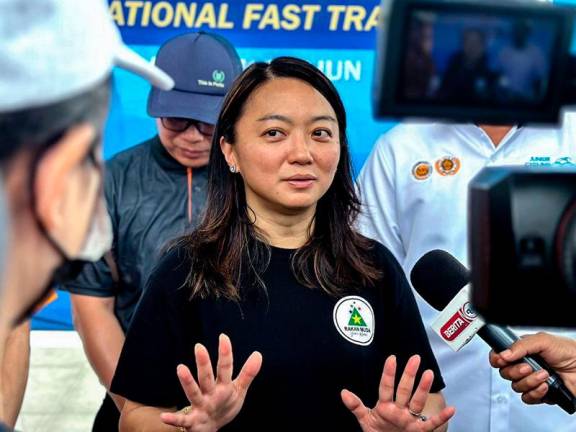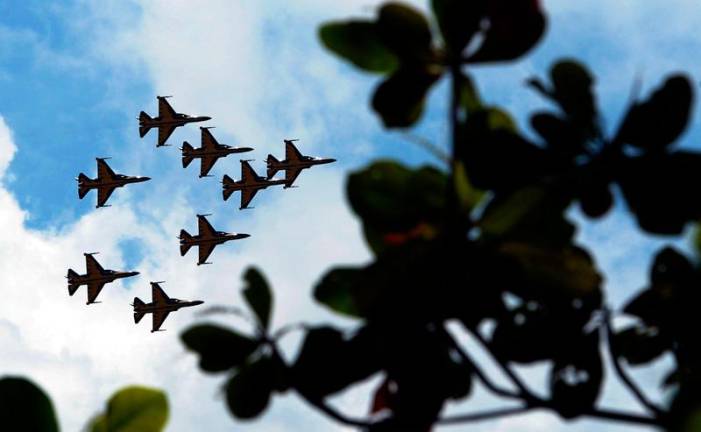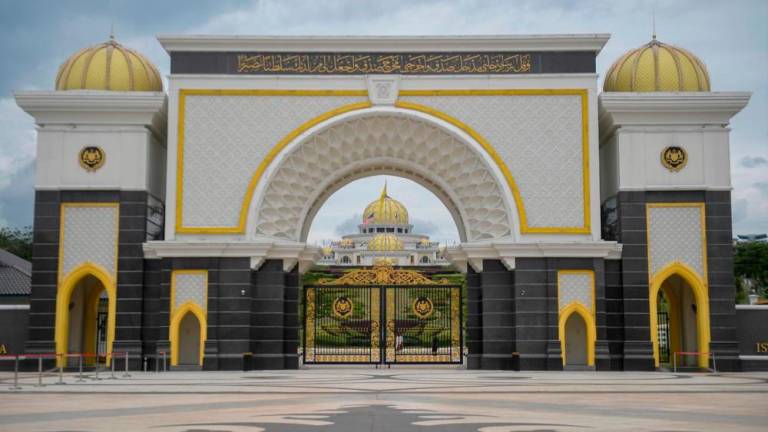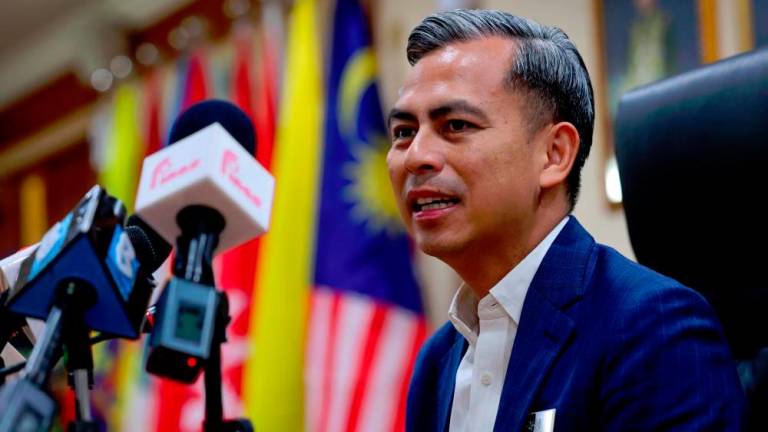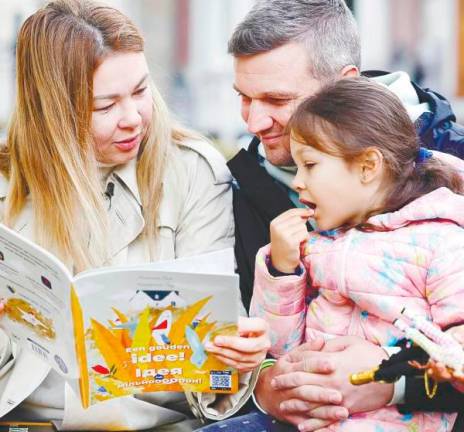HOSPITALITY embodies the essence of our Malaysian culture, a timeless tradition that serves as a cornerstone for the success of various corporations, Malaysian Airlines being a prime example, emphasising Malaysian hospitality as its distinctive selling proposition. More than just a moniker, it reflects the warmth of Malaysia’s people and the beauty of our character and culture.
The hospitality industry spans across a wide spectrum including restaurants, hotels, casinos, amusement parks, events, cruises, entertainment and other tourism-related services.
In Malaysia, the hospitality and tourism sector make a substantial contribution, accounting for 6% of the country’s gross domestic product and constituting 23% of national employment, equivalent to 3.5 million jobs. It is the third-largest component within the service industry.
Malaysia’s hospitality industry is renowned for its role in driving socioeconomic development and promoting job creation, serving as a significant catalyst for overall economic growth.
When we visit any Malaysian home, the initial gesture is an offer of a drink or a meal.
Meetings, especially within the civil service, are incomplete without the accompaniment of coffee or tea, showcasing the ingrained hospitality that extends into our professional lives. This unique trait is monetised and collectively referred to as our hospitality industry.
Unfortunately, there is a notable under-utilisation of this inherent gift. The projected US$1.22 billion (RM5.68 billion) hotel market is encountering challenges, reflecting a tendency to underestimate the potential of our hospitality business. Additionally, nearly every sector within the hospitality industry relies heavily on foreign workers.
Malaysian hospitality, often referred to as “Malaysian warmth”, is deeply rooted in the country’s culture and traditions. The hospitality industry in Malaysia places a strong emphasis on making guests feel welcome and comfortable.
Leveraging Malaysia’s hospitality within the tourism industry involves incorporating cultural elements, providing excellent service and creating memorable experiences for visitors.
Here are some strategies to capitalise on Malaysian hospitality:
Greetings and smiles
Ensure that our staff is adept at welcoming guests with genuine smiles and enthusiasm. Malaysians are renowned for their friendliness, and a warm smile can significantly contribute to making visitors feel embraced.
Unfortunately, this practice is currently lacking. Simple gestures, such as smiling, are often neglected by Malaysians, with the responsibility often delegated to untrained foreign workers who may not share the same sentiments. It is crucial that foreign workers are trained in our local customs and values.
Sensitivity
We must foster an understanding of Malaysian culture among the tourism industry professionals.
Cultural sensitivity is paramount in delivering an inclusive and respectful experience for visitors. This approach ensures that all visitors, regardless of their cultural background, feel welcomed and accommodated.
Traditional welcome
We must incorporate the traditional Malaysian welcome rituals into hospitality services. This should include offering a traditional welcome drink, providing a brief explanation of local customs or engaging in a simple traditional ceremony to mark the commencement of a visitor’s stay.
Furthermore, the artists performing at these functions should be representative of all our communities, ensuring an inclusive cultural experience for visitors.
Culinary experiences
Malaysian cuisine is diverse and known for its delicious and delectable offerings. To elevate the overall guest experience, highlight local culinary experiences in hotels, resorts and restaurants. Embracing traditional dishes and providing insights into their cultural significance adds a distinctive touch.
Language proficiency
Proficiency in multiple languages is crucial for our hospitality industry staff, considering Malaysia’s status as a multilingual country. The ability to communicate with visitors in their preferred language can substantially elevate their overall experience.
Special emphasis should be placed on catering to the needs of Indian and Chinese tourists, who visited in significant numbers in 2022 (211,363 Chinese and 324,566 Indians).
Prioritise cleanliness and hygiene at tourist spots, especially eateries, and ensure they have a welcoming ambience and good service.
Cultural events and activities
Organise cultural events and activities for tourists to participate in, such as traditional dance performances, cooking classes or guided tours to cultural landmarks. Providing opportunities for guests to immerse themselves in the local culture will create lasting memories.
Personalised service
Focus on providing personalised services to guests by anticipating their needs and preferences, tailoring services accordingly. This level of attention will not only make visitors feel valued but also enhance their overall satisfaction.
Hospitality training programmes
Implement hospitality training programmes that emphasise the importance of Malaysian values. This will ensure that all staff, not only tour guides but also hoteliers, restaurant owners, and suppliers in the tourism industry such as vans, buses, and taxi drivers, are aligned in creating a welcoming and positive environment for tourists.
Promotion of local crafts
Showcase and promote local crafts and products within hotels and tourist establishments. This will not only bolster the local economy but also allow visitors to take home Malaysian souvenirs.
Community engagement
Encourage community engagement by involving local communities in tourism activities. This can include guided tours led by locals, homestay programmes or collaborative initiatives that showcase the unique aspects of each community.
The programmes do not have to be restricted to kampungs but can include Orang Asli settlements.
Clean toilets
We must take a serious look at our restroom facilities, whether in restaurants, shopping complexes, parks, public toilets or recreational areas, as this is a crucial aspect that demands attention.
Health inspectors should approach their responsibilities with diligence to prevent our country from being perceived as third-world. Offering special training to all health inspectors from local authorities and city councils is essential to ensure their commitment to upholding the standards of Malaysian hospitality.
Tourism security
Tourism security, including the police, should be deployed to eradicate petty crimes in major cities such as Kuala Lumpur, Penang, Johor Bahru and Malacca. This proactive measure will enhance our hospitality, ultimately promoting tourism.
By integrating these elements into the tourism industry, Malaysia can leverage its renowned hospitality to create a distinctive and memorable experience for visitors, fostering positive word-of-mouth and encouraging repeat visits.
The government’s recent announcement of 30 days of visa-free travel to our country starting Dec 1, 2023, is a great move. We must ensure that the tourism sector is ready and welcoming.
A collaborative effort among tourism agencies, tour operators, logistics providers, government enforcement agencies, hoteliers, parks and shopping malls is imperative in enticing tourists. This unified approach will contribute to making the visitor experience more memorable and encouraging sustained tourism growth.
Comments: letters@thesundaily.com



